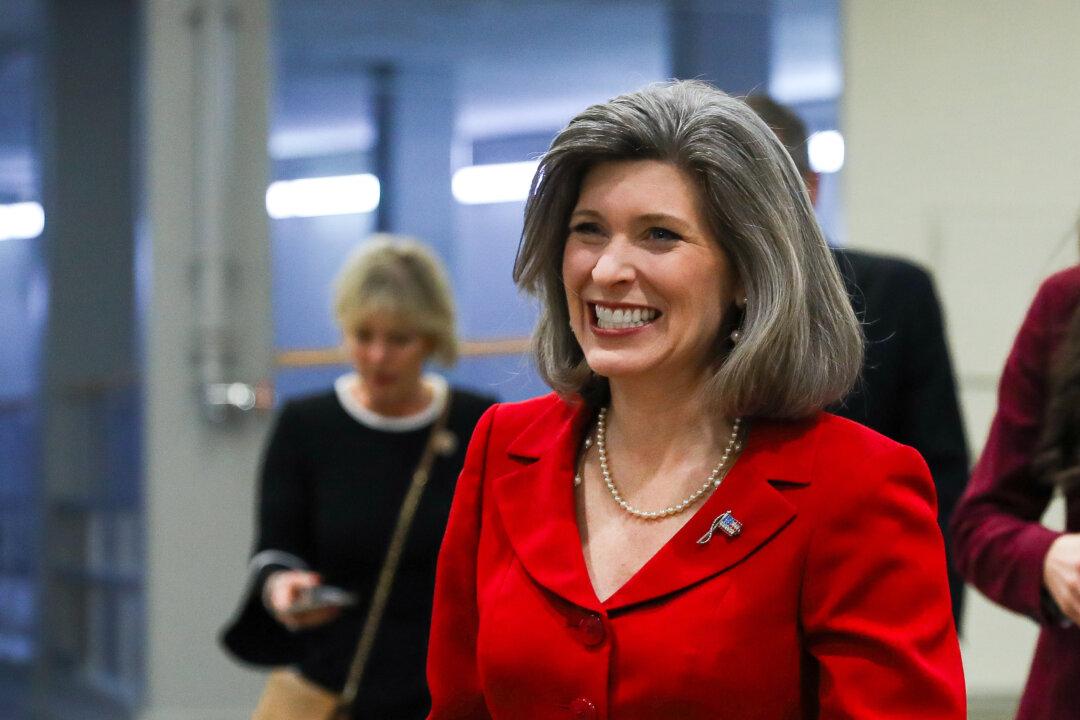Sen. Joni Ernst (R-Iowa) is introducing legislation that would require all senators and representatives to disclose any Paycheck Protection Program (PPP) loans received by a business to which they or a family member are linked.
“It’s really simple: If you’re a member of Congress and you or a family member benefited from the PPP, Americans—your constituents—should know. This bill provides greater transparency, which ensures accountability,” Ernst said June 22 in a statement announcing her proposal.





